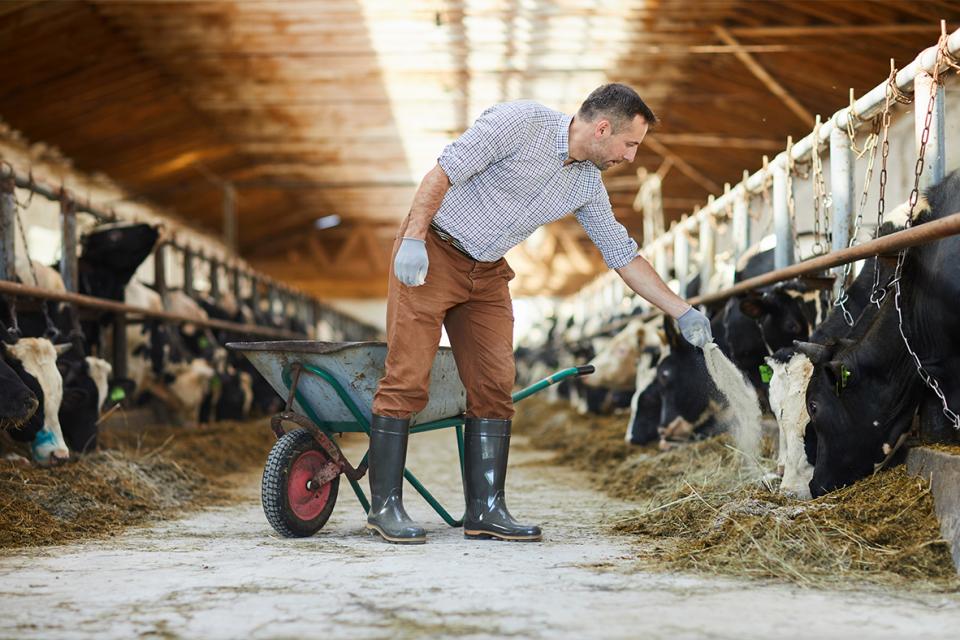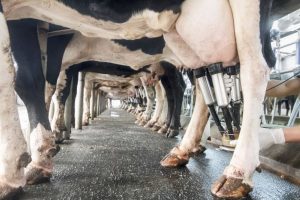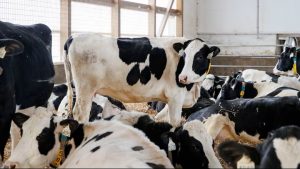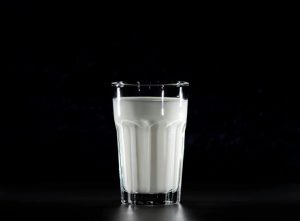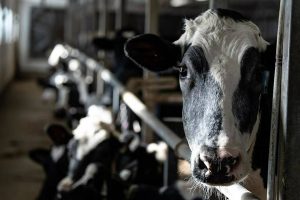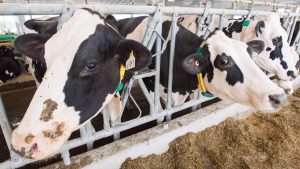
The goal of this process is to destroy any bacteria that may be present during milking and that cause diseases such as salmonellosis.
Pasteurization destroys 100% of pathogenic bacteria, yeast and mould and 95% to 99% of other bacteria.
Although the sale of raw milk is prohibited in Canada, some people nevertheless believe in the virtues of this product, claiming that pasteurization destroys important vitamins and that drinking raw milk can prevent or treat allergies, cancer or lactose intolerance. But is this really true?
To find out, researchers in Ontario reviewed and analyzed 40 studies on the effects of pasteurization and the nutritional value of milk. The first finding: pasteurization has a small effect on the vitamins naturally found in milk. And contrary to raw milk, which only contains a small amount of vitamin D, pasteurized milk is fortified with this vitamin, which promotes calcium absorption and plays a key role in bone health. Only levels of riboflavin, or vitamin B2, decrease significantly during the pasteurization process. Nevertheless, pasteurized milk is still an important dietary source of this vitamin.
In terms of allergies, six studies have shown that unpasteurized milk has a protective effect. However, this relationship can also be explained by other factors related to a rural lifestyle and the farm environment and not just by the consumption of raw milk.
No study has shown a relationship between unpasteurized milk and cancer or lactose intolerance.
Overall, drinking pasteurized milk is still the safest way to enjoy milk.
SOURCES
Brown AC. Understanding Food: Principles and Preparation, 4th Ed., Cengage Learning, 2011, Chapter 10, Milk; 214-15.
Macdonald LE et al. A systematic review and meta-analysis of the effects of pasteurization on milk vitamins, and evidence for raw milk consumption and other health-related outcomes. J Food Prot 2011;74:1814-32.
